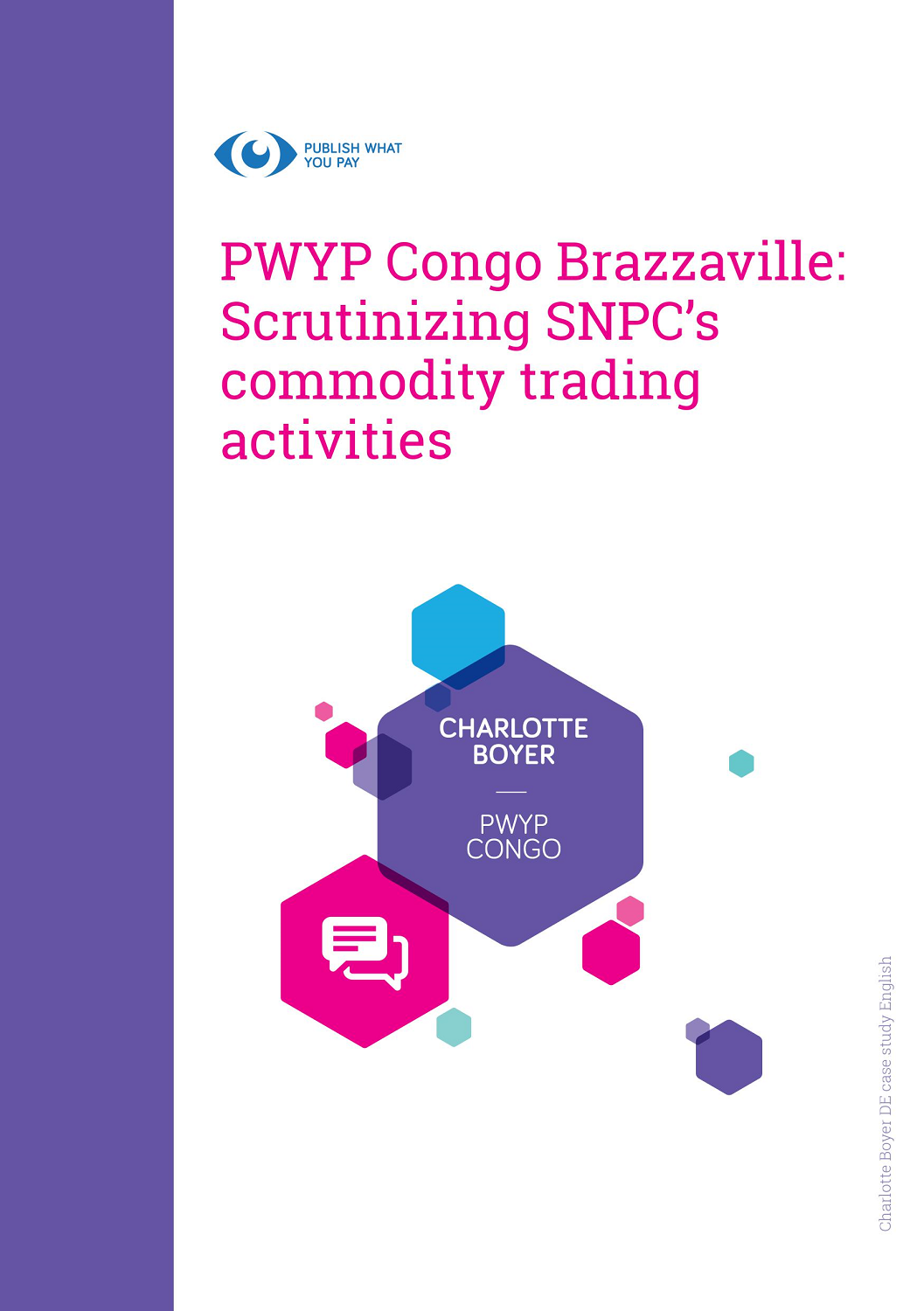State-owned companies are key actors in the management of extractive resources in many producing countries, especially when their mission is to sell the State’s share of oil. In many cases, however, these structures are very much influenced by the political game and do not transparently with regard to such factors as selling price, income received, costs incurred and the buying companies’ identity. The State’s share of oil is thus often sold under conditions that are not well governed or accountable to citizens.
In the Republic of the Congo (Congo-Brazzaville), the National Petroleum Company (Société Nationale des Pétroles du Congo – SNPC) is responsible for the sale of the State’s share of oil, which accounts for 90% of the public revenue derived from the extractive industries.1 However, as is often the case in resource-rich countries, and as evidenced by investigations into the transparency of State oil sales in the Congo, civil society continues to struggle to obtain official information about the SNPC’s activities and to ensure that the Congolese State is acting in the common interest
This case study was written by Charlotte Boyer, previously with PWYP Congo Brazzaville, and is part of Publish What You Pay’s Data Extractors programme, a pilot programme which trained PWYP members and activists from across our network to use extractives data.











